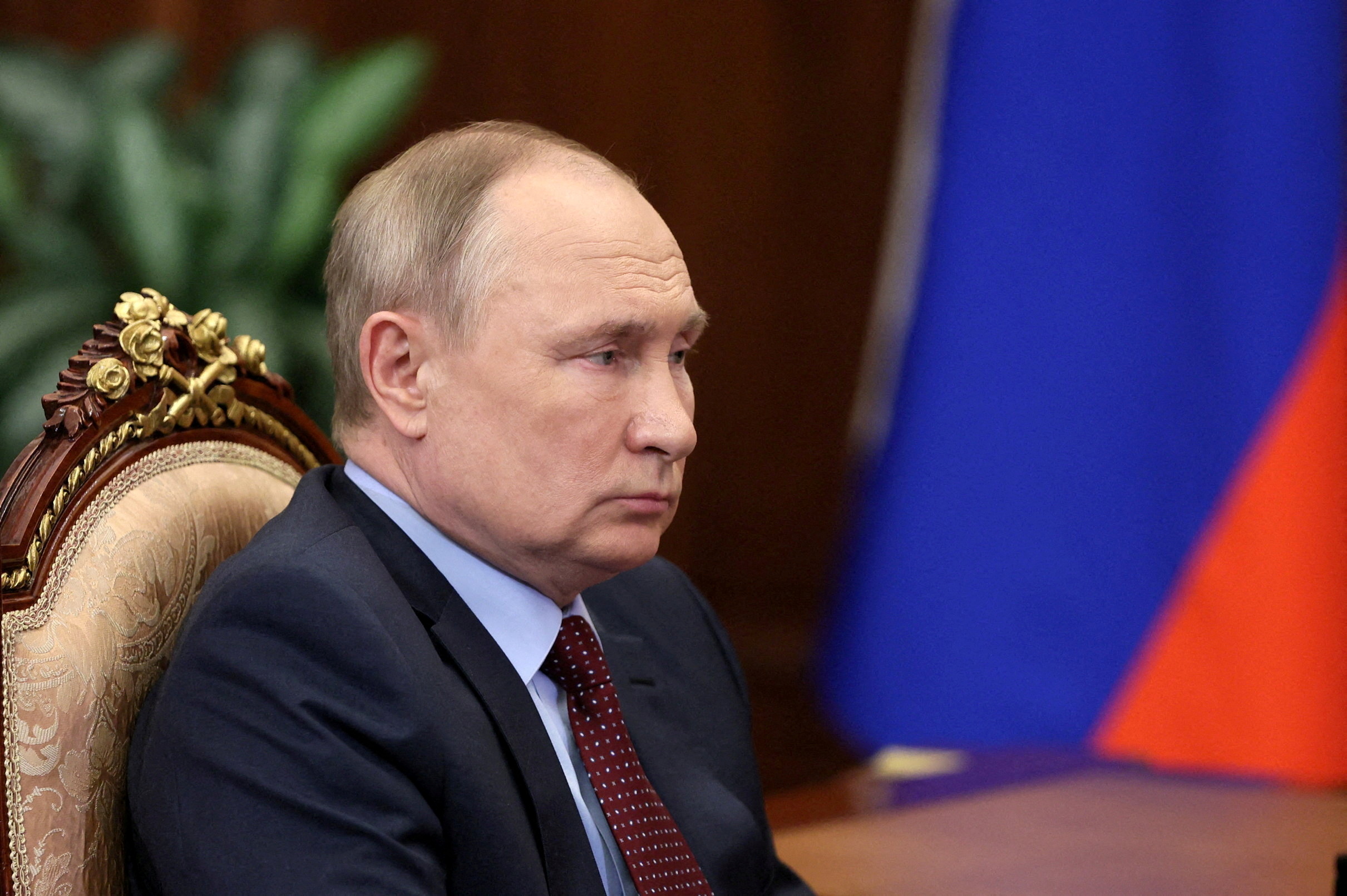
The body of a Russian model was found hidden in a suitcase more than a year after she disappeared shortly after criticizing Vladimir Putin by networks.
Gretta Vedler, 23, was killed a month after posting on social media calling Putin a “psychopath” and predicting that his campaign to “improve the integrity of Russia” would end in tears.
Although speculation about the truth behind her death continued for a long time, her ex-boyfriend, Dmitry Korovin, 23, confessed more than a year later that it was he who strangled her to death amid a jealousy attack and a dispute over money in Moscow, denying that the crime was tied to her political views or his judgment of the personality of the Russian leader. But the case raises suspicion because of the harsh consequences often faced by public figures who have dared to criticize the Russian president, including several doubtful deaths.
Korovin told the interrogators that he slept in a hotel room for three nights with his body, which he put in a newly purchased suitcase.
Then he drove his body almost 500 kilometers to the Lipetsk region and left it in the trunk of a car for more than a year. She also continued to post photos and messages on the model's social media so that her friends would believe she was still alive.
But a friend of the model named Evgeniy Foster, a blogger in Kharkiv, the Ukrainian city bombed by Russian forces, suspected Vedler's disappearance and contacted an acquaintance in Moscow to file a missing person case. This provoked an investigation that eventually located the young woman's body.
A video from the Russian Investigative Committee shows Korovin allegedly demonstrating how he killed the model and making a full confession.

Vedler's most controversial publications about Putin came in January 2021, a month before she was killed, and although they are not considered to be related to her death, they did become premonitory in the light of subsequent events.
The model was concerned about the Russian leader's repression of protests and opposition, attitudes in which she saw a desire to forge a bigger Russia.
“Given the fact that Putin went through a lot of humiliations in childhood, he couldn't stand up for himself because of his slight physical form, it's not surprising that he left after law school and joined the KGB,” he wrote.
“These people are shy and fearful since childhood, they fear noise and darkness, strangers, so traits such as caution, restraint and lack of communication develop early in their character. I can only assume, in my opinion, that he sees a clear psychopathy or sociopathy”, I write on networks the young woman.

In another publication, Vedler further explains his argument: “For psychopaths, it is important to constantly experience a sense of fullness and sharpness of life, so they love risk, intense experiences, intense communication, intense activity, an intense and dynamic life. Maybe he really wants to improve the integrity of Russia and sincerely wishes the good of the Russians.
However, she considered herself skeptical of this scenario. “But can he really do anything?” “I think you yourselves know the answer to this question,” he published.
KEEP READING
Últimas Noticias
Debanhi Escobar: they secured the motel where she was found lifeless in a cistern
Members of the Specialized Prosecutor's Office in Nuevo León secured the Nueva Castilla Motel as part of the investigations into the case

The oldest person in the world died at the age of 119
Kane Tanaka lived in Japan. She was born six months earlier than George Orwell, the same year that the Wright brothers first flew, and Marie Curie became the first woman to win a Nobel Prize

Macabre find in CDMX: they left a body bagged and tied in a taxi
The body was left in the back seats of the car. It was covered with black bags and tied with industrial tape
The eagles of America will face Manchester City in a duel of legends. Here are the details
The top Mexican football champion will play a match with Pep Guardiola's squad in the Lone Star Cup

Why is it good to bring dogs out to know the world when they are puppies
A so-called protection against the spread of diseases threatens the integral development of dogs




